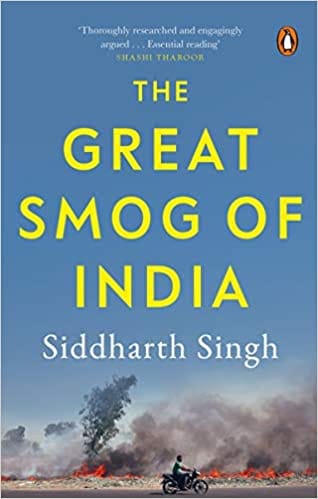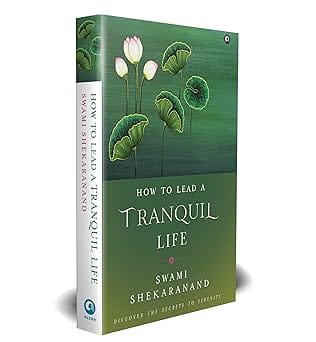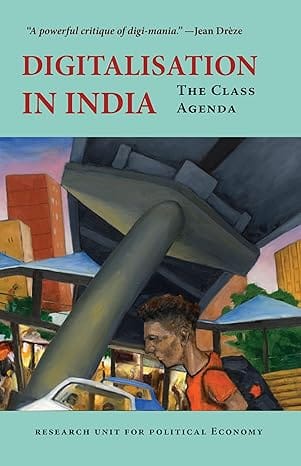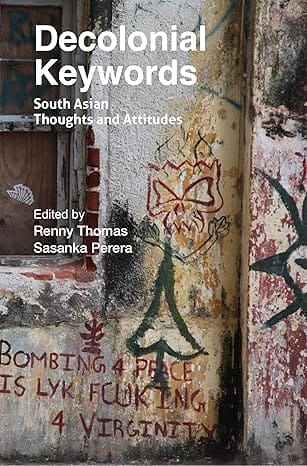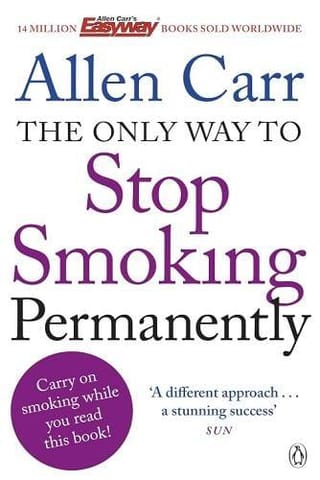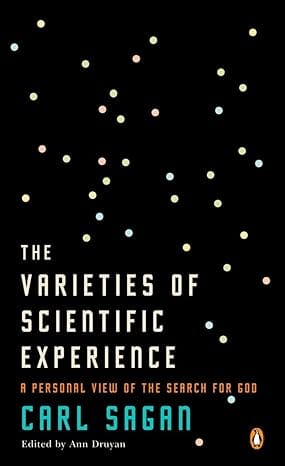-
Non-ficton
- Non-ficton
-
Contemporary Fiction
- Contemporary Fiction
-
Children
- Children
-
Comics & Graphic Novels
- Comics & Graphic Novels
-
Non-Fiction
- Non-Fiction
-
Fiction
- Fiction
Air pollution kills over a million Indians every year, albeit silently. Families are thrown into a spiralling cycle of hospital visits, critically poor health and financial trouble impacting their productivity and ability to participate in the economy. Children born in regions of high air pollution are shown to have irreversibly reduced lung function and cognitive abilities that affects their incomes for years to come. They all suffer, silently.
The issue is exacerbated every winter, when the Great Smog of India descends and envelops much of northern India. In this period, the health impact from mere breathing is akin to smoking a pack of cigarettes a day. The crisis is so grave that it warrants emergency health advisories forbidding people from stepping out. And yet, for most of us, life is business as usual.
It isn't that the scientific community and policymakers don't know what causes air pollution, or what it will take to tackle the problem. It is that the problem is social and political as much as it is technological, and human problems are often harder to overcome than scientific ones. Each sector of the economy that needs reform has its underlying political, economic and social dynamics that need to be addressed to make a credible impact on emissions.
With clarity and compelling arguments, and with a dash of irony, Siddharth Singh demystifies the issue: where we are, how we got here, and what we can do now. He discusses not only developments in sectors like transport, industry and energy production that silently contribute to air pollution, but also the 'agricultural shock' to air quality triggered by crop burning in northern India every winter. He places the air pollution crisis in the context of India's meteorological conditions and also climate change. Above all, and most alarmingly, he makes clear what the repercussions will be if we remain apathetic.
About the Author
- Home
- Non-Fiction
- The Great Smog of India
The Great Smog of India
SIZE GUIDE
- ISBN: 9780143457015
- Author: Siddharth Singh
- Publisher: Penguin Viking
- Pages: 272
- Format: Hardback
- Release Date: 13 June 2022
Book Description
Air pollution kills over a million Indians every year, albeit silently. Families are thrown into a spiralling cycle of hospital visits, critically poor health and financial trouble impacting their productivity and ability to participate in the economy. Children born in regions of high air pollution are shown to have irreversibly reduced lung function and cognitive abilities that affects their incomes for years to come. They all suffer, silently.
The issue is exacerbated every winter, when the Great Smog of India descends and envelops much of northern India. In this period, the health impact from mere breathing is akin to smoking a pack of cigarettes a day. The crisis is so grave that it warrants emergency health advisories forbidding people from stepping out. And yet, for most of us, life is business as usual.
It isn't that the scientific community and policymakers don't know what causes air pollution, or what it will take to tackle the problem. It is that the problem is social and political as much as it is technological, and human problems are often harder to overcome than scientific ones. Each sector of the economy that needs reform has its underlying political, economic and social dynamics that need to be addressed to make a credible impact on emissions.
With clarity and compelling arguments, and with a dash of irony, Siddharth Singh demystifies the issue: where we are, how we got here, and what we can do now. He discusses not only developments in sectors like transport, industry and energy production that silently contribute to air pollution, but also the 'agricultural shock' to air quality triggered by crop burning in northern India every winter. He places the air pollution crisis in the context of India's meteorological conditions and also climate change. Above all, and most alarmingly, he makes clear what the repercussions will be if we remain apathetic.
About the Author
User reviews
NEWSLETTER
Subscribe to get Email Updates!
Thanks for subscribing.
Your response has been recorded.

India's Iconic & Independent Book Store offering a vast selection of books across a variety of genres Since 1978.
"We Believe In The Power of Books" Our mission is to make books accessible to everyone, and to cultivate a culture of reading and learning. We strive to provide a wide range of books, from classic literature, sci-fi and fantasy, to graphic novels, biographies and self-help books, so that everyone can find something to read.
Whether you’re looking for your next great read, a gift for someone special, or just browsing, Midland is here to make your book-buying experience easy and enjoyable.
We are shipping pan India and across the world.
For Bulk Order / Corporate Gifting
 +91 9818282497 |
+91 9818282497 |  [email protected]
[email protected]
Click To Know More
INFORMATION
POLICIES
ACCOUNT
QUICK LINKS
ADDRESS
Shop No.20, Aurobindo Palace Market, Near Church, New Delhi

